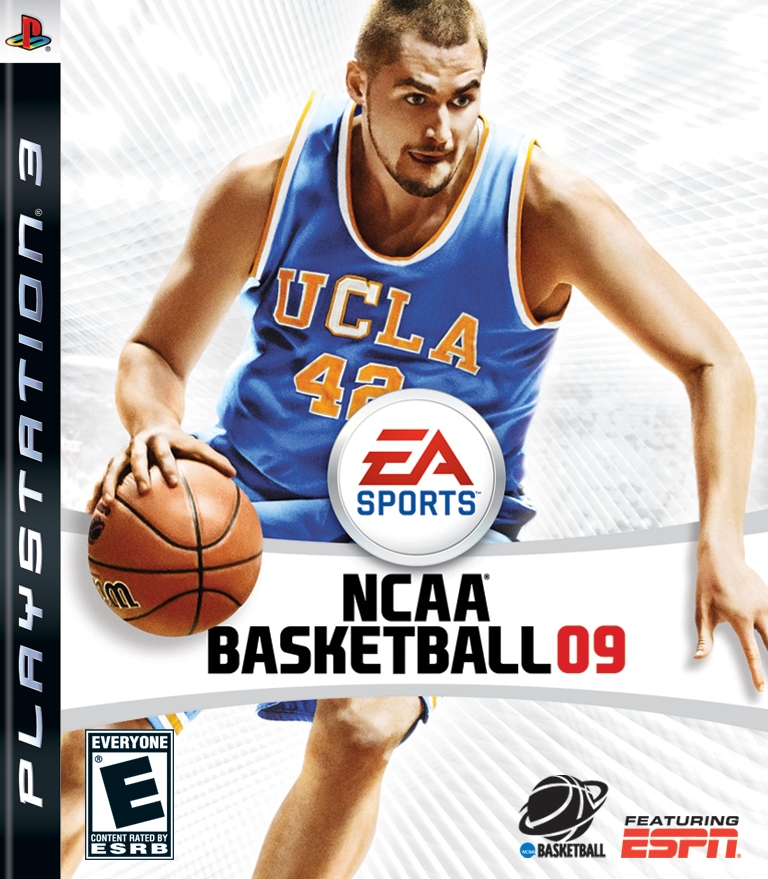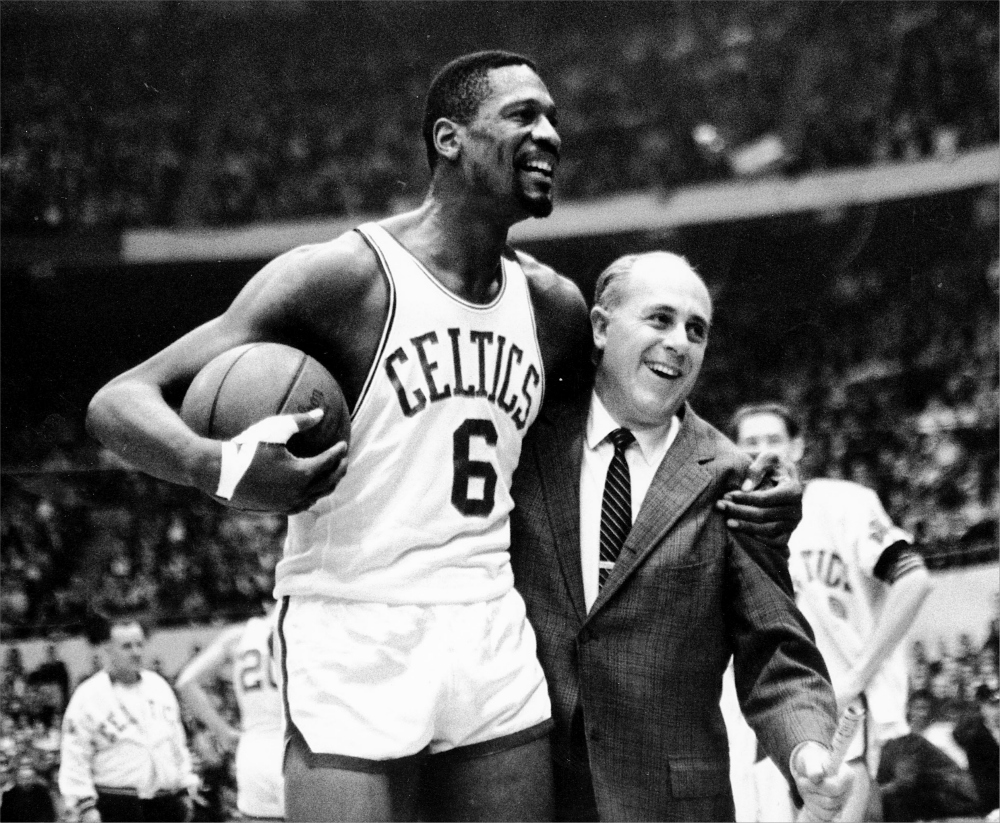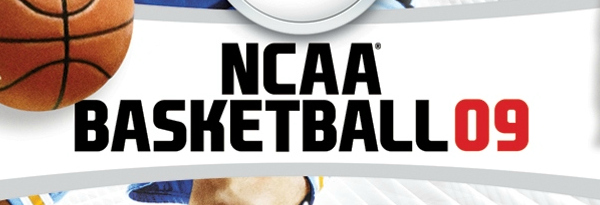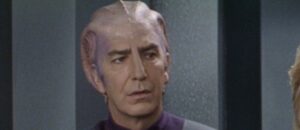I read this article in Businessweek last week regarding Boston Celtics legend Bill Russell suing the NCAA and Electronic Arts (EA) for unauthorized use of his likeness. My first thought was about the way that, if you’ve ever been to traffic court, the 32 people in front of you will use 32 different ways to try to get out of their speeding tickets. None of them will work. Lots of folks have tried to sue their way into licensing and failed. It doesn’t look good for Bill either. But why?
 I’m a sports fan, but not a huge sports videogame fan, even though I’ve given them all a try and have plenty of friends that dig them. So I thought I’d read a little more about what’s been going on here. I’m no lawyer, but this EA/NCAA thing seems downright goofy. At the center of it is that EA, which licenses the gaming rights to all things NCAA, has been using “likenesses” of famous athletes without actually naming them. The animated characters are recognizable by their teams, their numbers, race, size, hair and facial similarities. Basically, EA takes that exact person but doesn’t call him by name. That seems pretty shady to me. But Bill Russell’s likeness is only used in one particular mode in the game in question, so is it really that big of a deal?
I’m a sports fan, but not a huge sports videogame fan, even though I’ve given them all a try and have plenty of friends that dig them. So I thought I’d read a little more about what’s been going on here. I’m no lawyer, but this EA/NCAA thing seems downright goofy. At the center of it is that EA, which licenses the gaming rights to all things NCAA, has been using “likenesses” of famous athletes without actually naming them. The animated characters are recognizable by their teams, their numbers, race, size, hair and facial similarities. Basically, EA takes that exact person but doesn’t call him by name. That seems pretty shady to me. But Bill Russell’s likeness is only used in one particular mode in the game in question, so is it really that big of a deal?
The courts seem content to accept the NCAA/EA lawyers’ standard “videogames are artistic expressions and covered by the First Amendment” defense, which they use to run pretty rampantly over all the plaintiffs. That just brings up the old question: Are videogames art? Now, I love videogames, but I still find it really hard to put the term “creative expression” or “art” on many of them, least of all sports games. Sure, they take a lot of work to put together, I get that. But it’s still a game. Sometimes there’s paper thin “story,” but that doesn’t make a videogame storytelling or art any more than Scrabble or Monopoly is “art.”
 Of course, on the flip side, I don’t feel terribly bad for the superstar millionaire athletes trying to get a few more dollars out of their “likenesses.” However, most of EA’s games have the names and likenesses of current and past players. Perhaps those players gave their consent and got a little something for it? Maybe it’s in a contract somewhere with some players’ union that you give up that right for whatever reason? Regardless, I think it would just be less fun to play a baseball, basketball, boxing, hockey, soccer, golf or football game without the greats in there.
Of course, on the flip side, I don’t feel terribly bad for the superstar millionaire athletes trying to get a few more dollars out of their “likenesses.” However, most of EA’s games have the names and likenesses of current and past players. Perhaps those players gave their consent and got a little something for it? Maybe it’s in a contract somewhere with some players’ union that you give up that right for whatever reason? Regardless, I think it would just be less fun to play a baseball, basketball, boxing, hockey, soccer, golf or football game without the greats in there.
So why are these folks coming out of the woodworks now? I suppose that I would be pretty grouchy if I didn’t get the credit for my likeness in a game, but do public figures get to be compensated just for being public figures? Again, the closest I’ve been to a lawsuit was trying to get out of that photo-radar speeding ticket, so what do I know? All things considered, it would be nice to have EA, the courts and the athletes who believe they’re being taken advantage of meet somewhere in the middle. If EA keeps winning in courts, who’s to say that there won’t be a character with your face and vital stats in the next ‘Call of Duty’, with your only compensation being a free copy of the game?






DP
Finally, an article on sports videogames that doesn’t represent us as baboons for liking them.
Joonas
I’m not really sure if Bill Russell himself is a millionaire since back in the day NBA salaries weren’t exactly what they are today. Anyway if you wanna “officially” play with Bill Russell get the NBA 2K12.